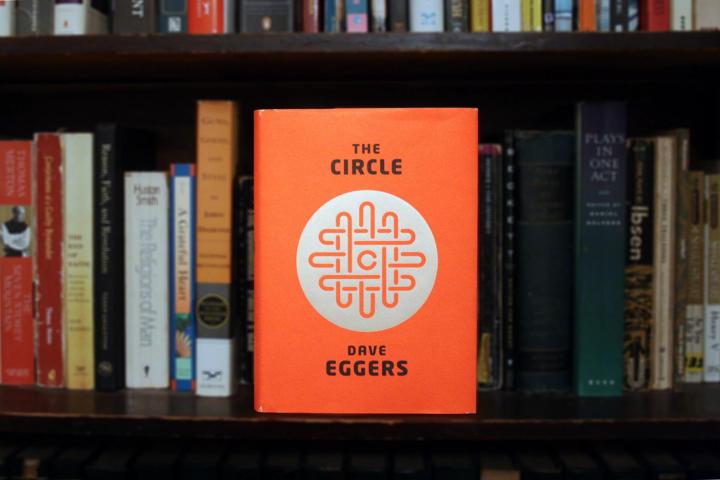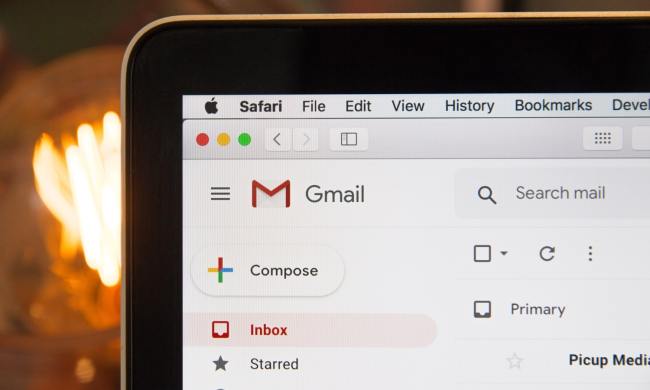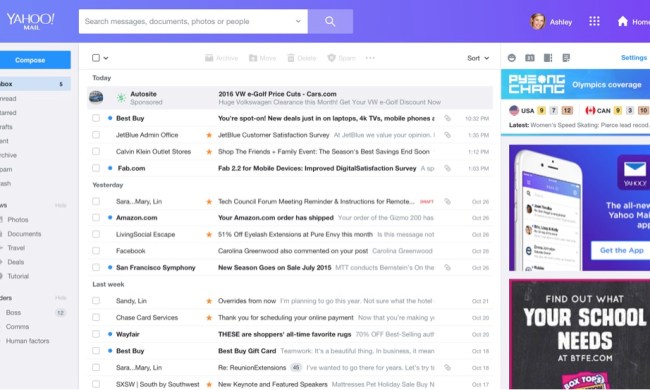
Nobody could blame you for thinking that the Circle in Dave Eggers’ new novel is just another name for Google – or Apple, Facebook, Twitter, or Instagram. It’s not, Eggers claims – though that’s all but impossible to believe, given the similarities. Instead, the Circle is a mega-corporation that has, in the near-future world of The Circle, devoured all of the above – it is not one of these companies, but all of them. And, through this corporate consumption, the Circle has gobbled up all of us, along with its competitors.
The Circle follows 24-year-old Mae Holland, a graduate of Minnesota’s elite Carleton College, who lands a job at the “most influential company in the world” thanks to her old roommate and friend, Annie – an influential Circler in the company’s elite “Gang of 40.” Mae’s career at the Circle starts in the lowly Customer Experience department, where she is tasked with answering advertiser queries. Customers grade Mae and her co-workers in “CE” in real-time, on a scale of 1 to 100, and these scores are public throughout the Circle. To the delight of all 12,000 Circlers, Mae ends her first day in CE with a 97 – a record for a newbie.
“SECRETS ARE LIES. CARING IS SHARING. PRIVACY IS THEFT.”
Thus begins Mae’s descent into the Circle universe. As we dive deeper into the book, we learn that the transparency that defines Mae’s workday flushes through every vein of the company. Circlers are expected to constantly post “zings” (think tweets or Facebook status updates), share photos and videos, and interact with their followers. Many party every night at Circle events and live in fully furnished company dorms – both of which are mandated by Circle management, in Californian passive-aggressive style. After Mae is reprimanded for not posting an adequate number of zings by the CircleSocial department – for having a low “Participation Rank” – she is taken aback in the same way you or I might respond to someone telling us that our tweets are tantamount to our personal worth. But, inexplicably, the pressure to perform socially kills, rather than elevates, her skepticism of her employer. In response, Mae dives head first into the Circle’s oppressive culture of oversharing. She’s not just an employee at the Circle, she’s an avid user – just like you or me.
The Circle is run by three “Wise Men”: Eamon Bailey, a likeable family-man type; CEO Tom Stenton, the ruthless businessman; and the reclusive Ty Gospodinov, the Circle’s “boy-wonder visionary,” who created the company’s flagship product, TruYou – a real-identity system for the Internet that, as Eggers explains (somewhat naively), put an end to “the era of false identities, identity theft, multiple user names, complicated passwords and payment systems” almost overnight.
Just as Eggers’ Wise Men could have been ripped from the boardrooms of Facebook or Google, so too could his fictitious technology, which is so unimaginative and un-futuristic that some form of it – like the USB-sized live-streaming camera called SeeChange that serves as a major catalyst for the plot – can be found at your local Best Buy. This is The Circle‘s first pitfall: Eggers vision of the future is so close to the present that it is impossible to not constantly compare the two. It’s not sci-fi, it’s now-fi – and, despite Eggers’ good intentions, it’s distracting as hell.

Mae, meanwhile, continues to gulp down the Circle kool-aid. Her growing devotion to the Circle’s dogma of uber-transparency creates a tear between her and her mother and sickly father, and her Luddite ex-boyfriend, Mercer, with whom her parents have a close relationship. It is through Mercer that Eggers hammers home the book’s real message: that our addiction to technology, our allegiance to corporations that control the technology, and the philosophy that transparency is always better than privacy, will lead to a “totalitarian nightmare.” These points are made so clear to the reader that, when Mae repeatedly fails to see them, I almost couldn’t continue on with the story due to an shameful desire to slap her – an urge I imagine Eggers must feel for most Twitter and Facebook devotees.
Eventually, the inevitable happens: Mae is coaxed by Bailey to “go transparent” by wearing a SeeChange camera hanging from her neck at all times for millions of live viewers. During one of the many “Dream Friday” talks at the Circle, Mae is trotted on stage, where her words – spoken to Bailey during an earlier, climactic one-on-one conversation – appear on the screen behind her: “SECRETS ARE LIES. CARING IS SHARING. PRIVACY IS THEFT.” It’s straight Orwellian messaging – and, by this point in the book, an almost offensive attempt by Eggers to ensure we understand that he believes the exact opposite of these sentiments to be true.
Eggers comparison to our current culture of connectedness is reiterated in a way that feels not unlike being hit in the head with a cast iron skillet.
While Mae has an occasional “blasphemous flash” that her newfound life of constant observation could have dire consequences for both herself and society at large, she moves in the opposite direction, ignoring her crumbling relationships (even the one with Annie), and eventually helps usher in a plan to make TruYou mandatory for all voting-age Americans. Thanks to Mae, “the Circle is closing” – around Mae, around everyone.
See, dear reader, we are Mae. We are her “watchers” too. Indeed – we are the villain of this story. Our obsession with sharing every brunch and half-assed opinion we have is enriching corporations that, because of their very nature, trample on the one thing that allows each of us to be our true selves: Privacy – the freedom to be good or bad regardless of whether someone is watching, and to live life for ourselves. Our inability to realize this – not the point itself – seems to be Eggers’ biggest fear.
The Circle is the first attempt I’ve seen in contemporary literature that paints, in vivid detail, the consequences of living in a world that shuns the ideal of privacy. Unlike its predecessor, George Orwell’s 1984, however, it explores the path to tyranny rather than a world consumed by it, far beyond the point of no return. But its world is not just similar to our own – it is our world, if to a less extreme degree. And this may be The Circle’s fateful flaw: It does not go far enough in envisioning the consequences of our digital age. It makes its point – that total transparency is tyranny – without question, and with dire consequences for its characters. But this argument, which privacy advocates have screamed for years, feels as stale as a 2nd generation iPod. And it offers few solutions for how to freshen up the place.
After finishing The Circle, I did, nevertheless, find myself questioning the wisdom of each tweet and Instagram photo I posted. But that’s all. I did not throw my iPhone off a bridge, nor did I vow to never reveal another thing about myself to the world. Eggers’ fast, entertaining, but frustrating and vicious book does have a poignant message – I just wish he’d made it years ago, before the circle had already closed.


